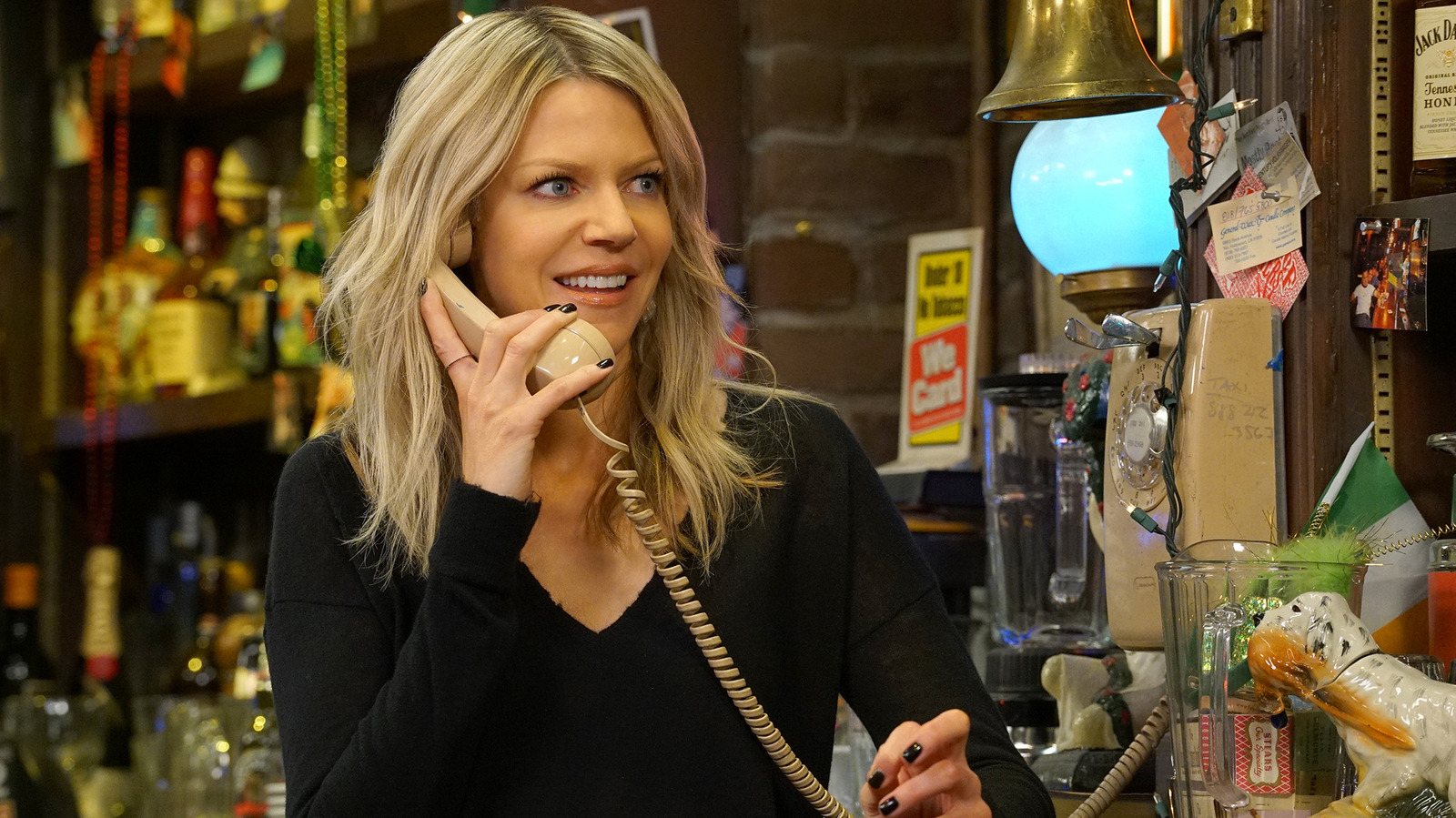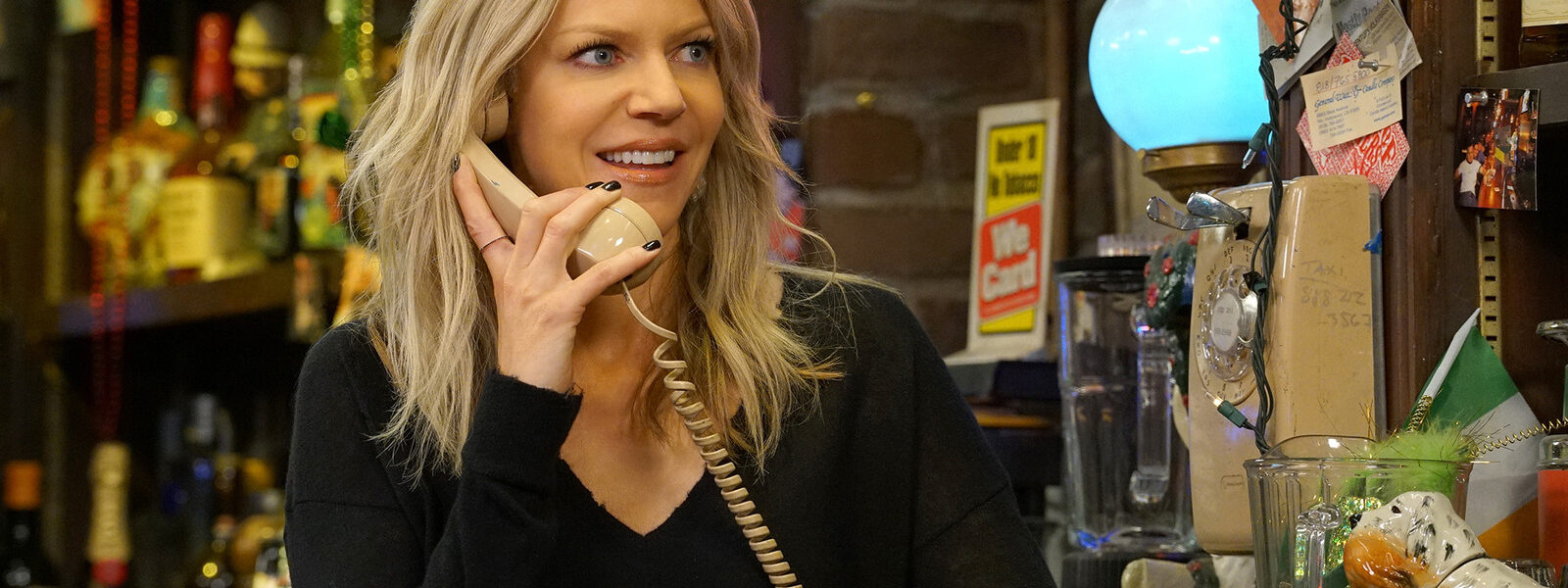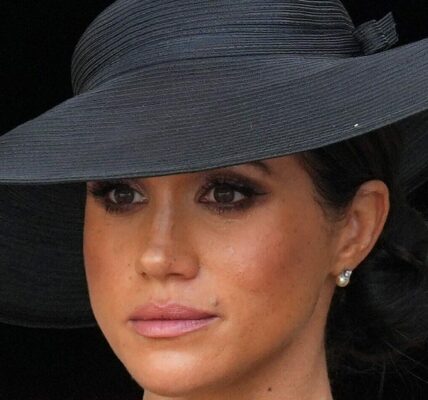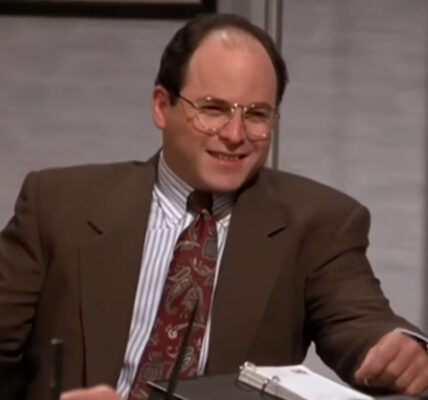
It is at the limit impossible to imagine “it’s always sunny in Philadelphia” without Kaitlin Olson. As “sweet” Dee Reynolds, a budding actress and actress who takes non -stop abuses from her cohorts – Brother Dennis Reynolds (Glenn Howrton), Father Frank Reynolds (Danny Devito) and “Friends” Ronald “Mac” McDonald (Rob Mcelhenney) and Charlie Kelly (Charlie Day of the series) – Dishs it back in Back in Back, Orne is a vital. But it turns out that She hardly obtained the role … Because her future husband, Mcelhenney, had a problem with her hearing.
In a Variety Profile concentrated on Olson and Mcelhenney, who are now a great couple of power in the industry, Mcelhenney admitted that, between him, Day, and Howrton – who all developed the set series – he was the least interested in launching Olson. This is due in part to the fact that, during his hearing, Olson jumped a line written specifically by Mcelhenney by reading with Day. When asked him to improvise without the games, Olson went there. “I dropped the already funny things and I focused on leveling the rest of the equipment,” recalls the actress. “Afterwards, I called my manager and said:” The hearing was great. I want this work. But I am so upset that I left the funniest line that was already there, because I was so focused on the simple fact of baking that everything bounce. “”
“So she leaves the room, we are undoubtedly 100% thinking that she was great,” added Mcelhenney. “But I do not know if her instinct was 100% on the right, because she left aside the funniest line. Now, is this a coincidence that I wrote this line? I was 26 years old, and probably very precious with what I was writing.”
MCELHENNY finally gave way … but this casting trip always has not finished “he collapsed and settled,” said Olson. “And then I transmitted the project.” When Olson finally agreed to play Dee, another obstacle arose, which was that Dee was a stereotype of the sitcom, a “nagging” woman who simply scolded the boys for their bad behavior. In the tradition of female characters authorized to be as disorderly as “the guys”, like Elaine Benes by Julia Louis-Dreyfus on “Seinfeld”, Olson wanted more of the role. “When they offered me the room, I asked for four scripts,” she said. “And I was shocked because they were nothing funny for Sweet Dee.” Mcelhenney made some rewritings, Olson finally agreed to play Dee, and the two had left for the races. They did not know that a showmance that has become a life partnership would occur for a long time.





